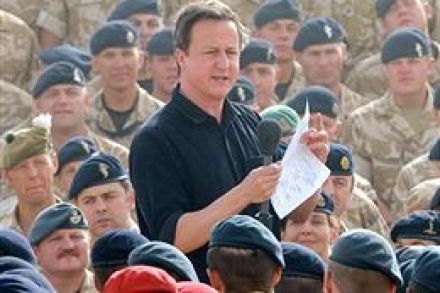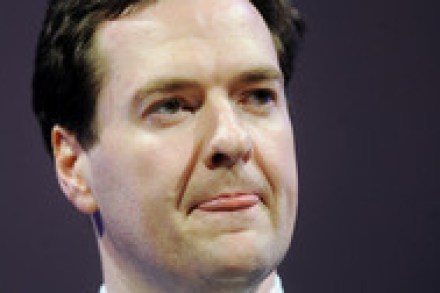Of Pigs and Cucumbers
Pleased to be back in Blighty and pleased too to see that the Economist has launched Johnson, a blog about language and politics. From the most recent entry: Germany has a cranky coalition government and garrulous politicians, and so conditions are good for political insults. In one intramural fight a health ministry official from the liberal FDP likened the CSU—Bavarian conservatives—to a Wildsau, or wild pig, for its rough handling of the liberals’ health-reform ideas. But the better insult was the riposte by the CSU man, who called the liberals a Gurkentruppe, literally a troop of cucumbers. Anglophone journalists have been puzzling over how to turn this into recognisable English.


















